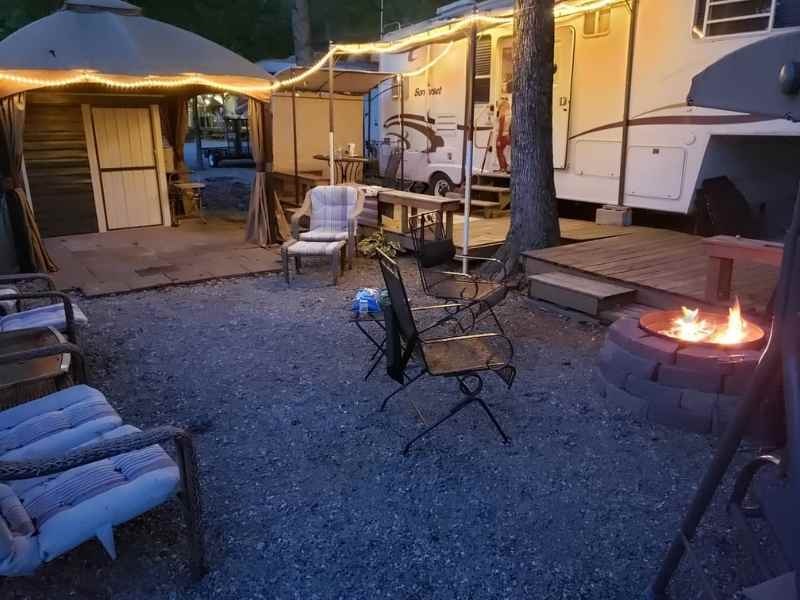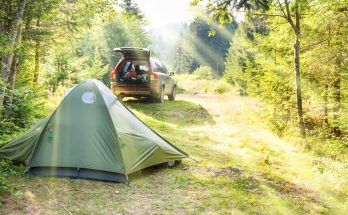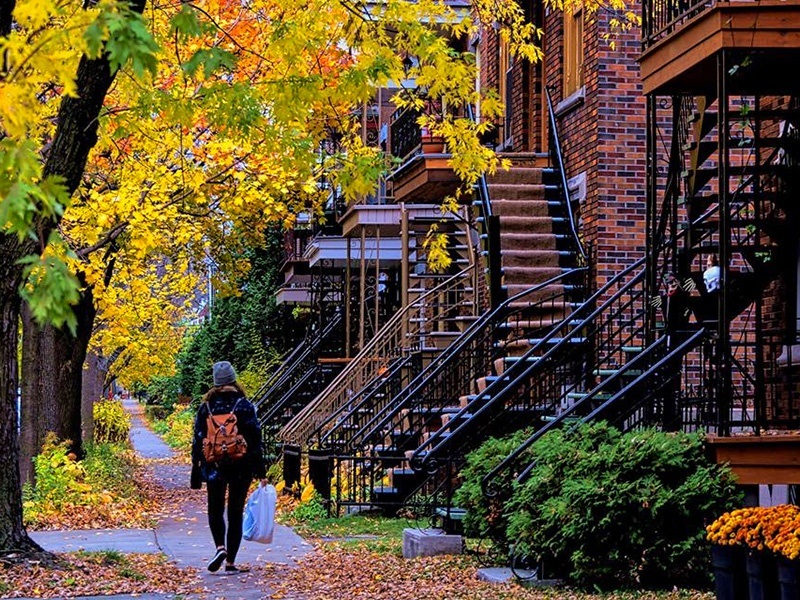Camping is a great way to enjoy the great outdoors, relax, and spend quality time with family and friends. However, the success of your camping trip largely depends on the location you choose. With so many camping sites available, it can be overwhelming to decide which one is the best fit for your needs. In this article, we’ll share some tips and considerations to help you choose a good camping site.
Determine Your Camping Style
The first step in choosing a camping site is to determine your camping style. Are you looking for a secluded and quiet spot in the woods or do you prefer a more developed campground with amenities like showers and electricity? Do you want to be near hiking trails or water activities like swimming and fishing? Answering these questions will help narrow down your search and find a camping site that suits your needs.
Research the Location
Once you know what you’re looking for in a camping site, it’s time to research the location. Look up camping sites in the area you want to visit and read reviews from other campers. Consider factors like the distance from your home, accessibility, and the type of terrain. If you’re planning a camping trip during peak season, make sure to book in advance to ensure availability.
Check for Amenities
Before you book a camping site, check for amenities offered. Some campgrounds have basic amenities like restrooms and picnic tables, while others offer more luxurious amenities like hot showers, electricity, and wifi. Decide what amenities are important to you and choose a camping site that offers them. Keep in mind that more amenities often mean higher fees, so consider your budget when making your decision.

Consider Safety and Security
The safety and security of a camping site should also be considered when choosing a location. Look for campsites that are well-maintained and have clear paths and trails. Check the weather forecast and consider the potential risks associated with the location, such as flooding, wildfires, or wildlife encounters. Make sure to bring appropriate gear and supplies for emergencies, such as a first aid kit, extra food and water, and a satellite phone or GPS.
Evaluate the Surroundings
The surroundings of a camping site can greatly impact your camping experience. Look for a site that offers scenic views, access to nature, and opportunities for outdoor activities like hiking, fishing, or kayaking. Consider the noise level and proximity to other campers – do you want to be in a busy and social campsite or a quiet and secluded spot? Keep in mind that some campgrounds have strict rules and regulations regarding noise and campfires, so make sure to follow them to respect other campers and the environment.




